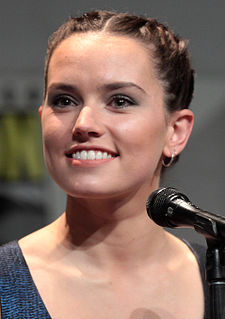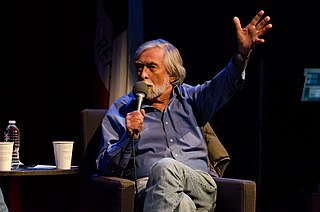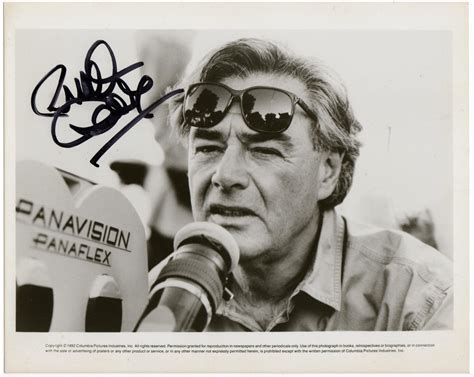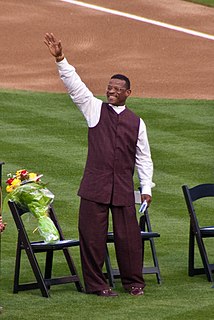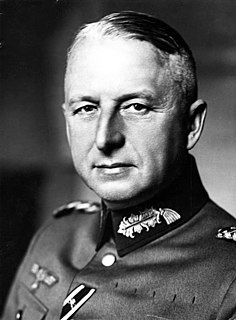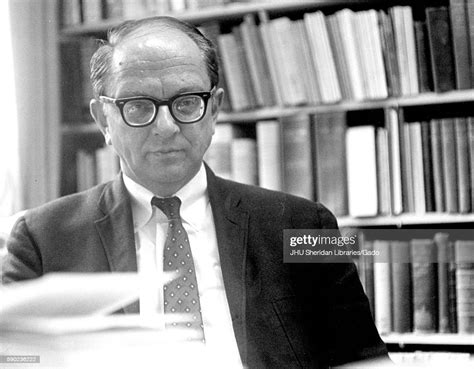A Quote by Nancy Gibbs
Eisenhower had run the Army; he knew all the ways decision making can go off the rails, and insisted on collective debate precisely to prevent senior officials from freelancing, or putting their departmental interests first. For all the formal machinery, Eisenhower was very literally the commander in chief, making the key decisions himself and monitoring closely how they were carried out. Even years after D-Day, when critics needled him for not being on the front lines with the invading forces, he retorted, “I planned it and took responsibility for it. Did you want me to unload a truck?
Quote Topics
After
Army
Being
Carried
Chief
Closely
Collective
Commander
Commander In Chief
Critics
Day
Debate
Decision
Decision Making
Decisions
Did
Eisenhower
Even
First
Forces
Formal
Front
Front Line
Front Lines
Go
Had
Him
Himself
How
Insisted
Interests
Invading
Key
Knew
Lines
Literally
Machinery
Making
Me
Monitoring
Off
Officials
Out
Planned
Precisely
Prevent
Putting
Rails
Responsibility
Run
Senior
Took
Truck
Very
Want
Want Me
Ways
Were
Years
You Want Me
Related Quotes
I had an assistant for a hot minute, because that was offered to me. And literally, after a day I was like, "I don't like this. I don't like someone else making the decisions that I should be making." I'm very busy, yes, but I'm not so busy that I can't make my own decisions. I want people to contact me directly about what time I'm being picked up in the morning.
The people have only a very vague direct power. They have the power of voting against the administration, again after its decisions have been taken; but they have no way of getting into the question of policy-making, decision-making, except insofar as the vague forces and pressures of public debate and public opinion have their impact on the President. The President still has to decide. He can't go to the people and ask them to decide for him; he has to make the decision. In that sense he was condemned to be a dictator.
Eisenhower provided the first break in the Cold War, by bringing Khrushchev to the United States, in humanizing the Soviets; and then Nixon, by making the opening to China; and then Reagan, even meeting in Reykjavik with Gorbachev and acknowledging that nuclear weapons are a horror. So I won't accept that Republicans just escalate. Republicans, at least when they were more moderate, they were maybe even more isolationist, they sometimes brought sanity to the debate. We don't have that now. We have - all these Republicans have gone off the neoconservative deep end.
I first started making films - this is my first feature, but I was making shorts - I was actually freelancing as a day job at The New York Times as an art director. I actually worked with Bill Cunningham and really soon after I met him, I thought, "Oh my God, he's a perfect subject for a documentary."
A good friend of mine took me out and had me hit off a tee. He made me understand what was my strike zone and - with my speed - the importance of making contact. So I give him a lot of credit for changing my game and making me the player I became. He showed me how to work on me and my game, and not worry about patterning myself after someone else and focusing on what they were capable of doing rather than what I was capable of doing.
The general verdict among the German generals I interrogated in 1945 was that Field-Marshal von Manstein had proved the ablest commander in their Army, and the man they had most desired to become its Commander-in-Chief. It is very clear that he had a superb sense of operational possibilities and equal mastery in the conduct of operations, together with a greater grasp of the potentialities of mechanized forces than any other commander who had not been trained in the tank arm. In sum, he had military genius.
I can't tell you how many times at the breakfast table my dad would curse out Franklin Roosevelt. I love my father. He was an intelligent man, but he really didn't like regulations of the Roosevelt style, or the taxes. He was an Dwight Eisenhower man. And that's what Eisenhower did, committed to breaking down the program.
I'm making a lot of money. I should be paying a lot more taxes. I'm not paying taxes at a rate that is even close to what people were paying under Eisenhower. Do people think America wasn't ascendant and wasn't an upwardly mobile society under Eisenhower in the '50s? Nobody was looking at the country then and thinking to themselves, "We're taxing ourselves into oblivion." Yet there isn't a politician with balls enough to tell that truth because the whole system has been muddied by the rich. It's been purchased.
Actually, I can't take credit for any of my decisions. I noticed one day that all my decisions were making themselves, and always at the right time. I haven't had to make one decision since then. They are always made for me, and they come from the wisdom that is in us all. I trust that wisdom completely. That trust itself was a decision made for me as inquiry cleared my mind. No decision, no fear.

